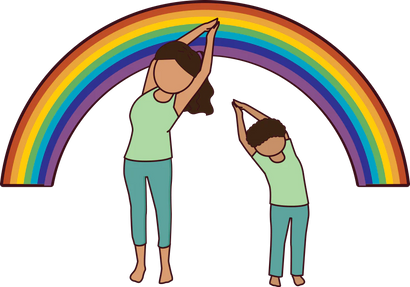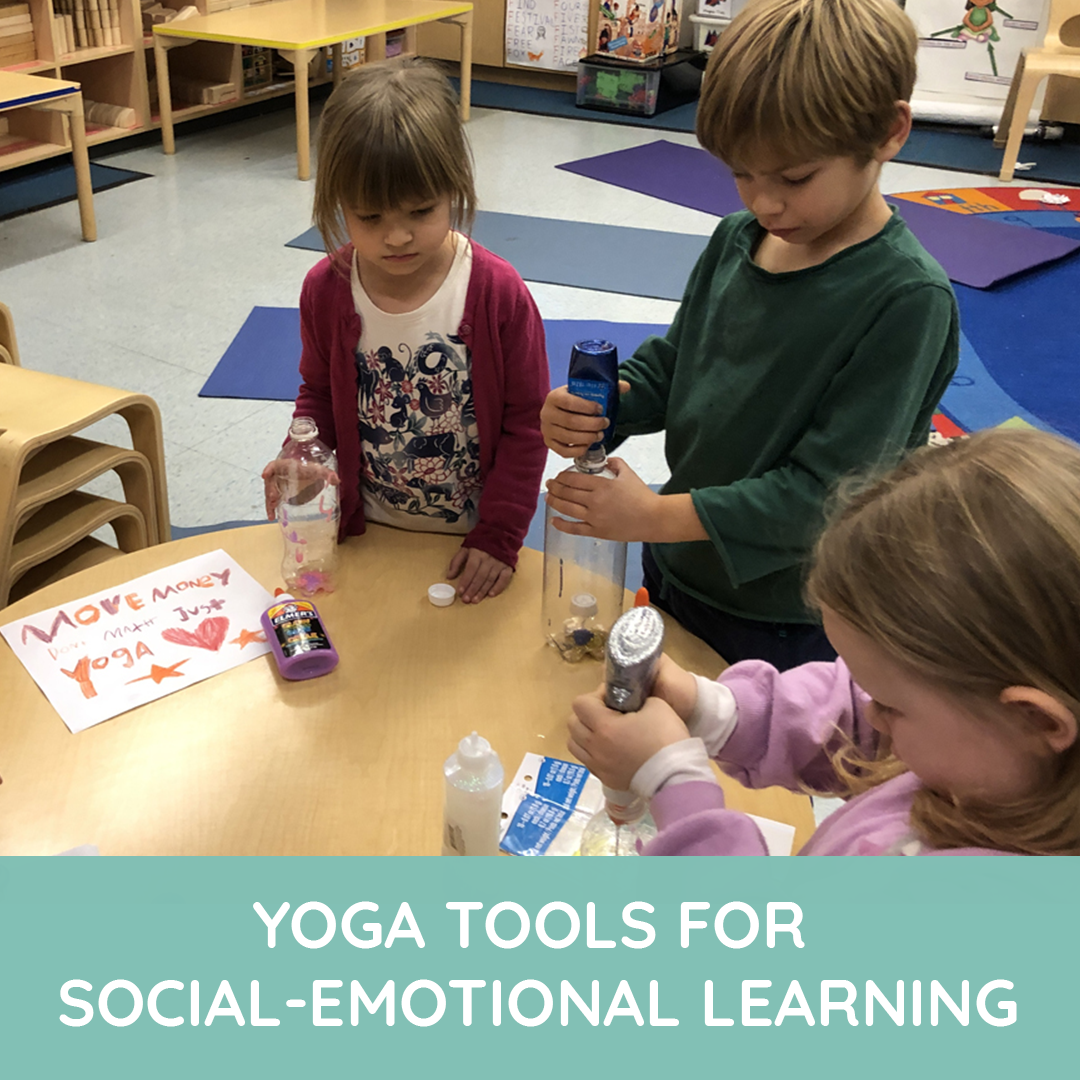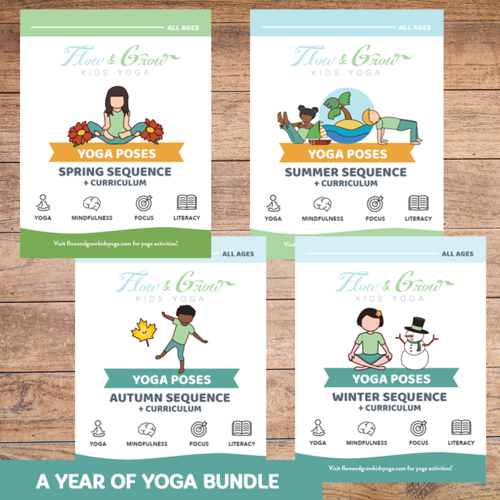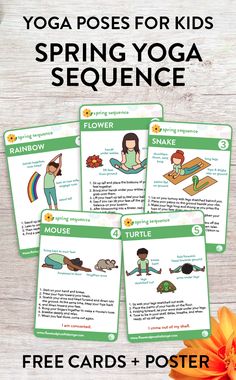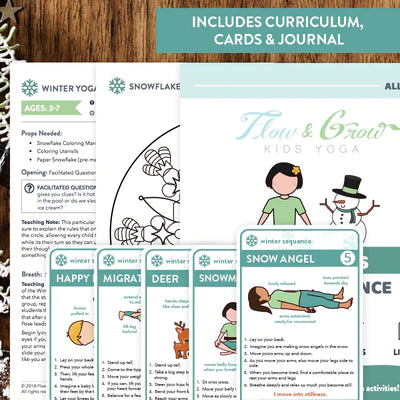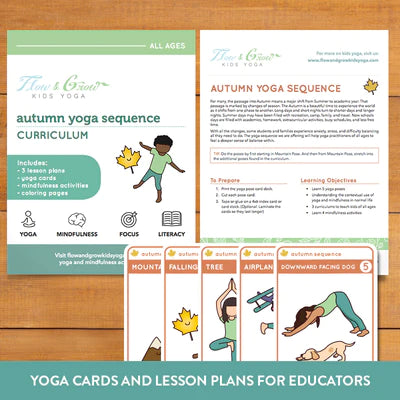Your Cart is Empty
22% off Automatically at checkout when you spend $5 of more!
22% off Automatically at checkout when you spend $5 of more!

Mindful relationships -- active listening and relationship reflecting
by Lara Hocheiser December 12, 2022 3 min read
Re-release of a #selfcaresaturday blog post, with some new updates!

Not so mindful chats
Have you ever had a conversation where something just felt off? Sometimes the reason is evident -- one person in the conversation might be looking around or scrolling on the phone or interrupting the speaker, for example. Compare this with a conversation you’ve had that feels great -- when people in the conversation were trulylisteningto each other, and from that are attuned to each other. It’s safe to say that we’d all rather experience the latter!
These conversational experiences, positive or negative, might not seem all that consequential -- yet added up over time, they can affect the quality of close relationships (amongst family members, partners, co-workers, close friends, mentor/mentee, et cetera). If we can teach our young children relationship skills such as active listening, we can set them up for healthier, more lasting and fulfilling relationships for their whole lives. From the perspective of self-care, being actively listened to and actively listening also justfeels much better!
Who is there for me? Who can I depend on?
It’s also helpful and meaningful to sometimes step back and reflect on relationships -- who’s consistently in our lives, who we trust, who we may tend to have interpersonal issues with. That might lead us to see that we could use help learning to be better active listeners, or that active listening is something that we need from people close to us, for example. We might realize that we have many friends but no one with whom we’re truly close, or conversely that it could be beneficial for us to broaden our horizons by meeting more and more kinds of people out there. Similar takeaways for children might be less nuanced, but no less impactful.
Whatever one’s unique reflections may be, what matters is the process of introspection and self-learning and then making changes as necessary -- the introspection and self-learning that’s so central to yoga and mindfulness. That’s something else that might just plain make us feel better, as well!
Check out our worksheet for reflecting on our relationships and relationship skills!

Want to learn more about why active listening and other communication skills matter in the child/parent relationship? The Parent Child Institute offers agood guide -- detailing why love needs to be communicated, how your children will actively listen and communicate openly the more you do, and more.

Tips for parents and teachers:
- This worksheet is not something that kids need to do daily, or even weekly, to benefit from. Seasonally, or one every few months, might be an effective frequency. Then, the child(ren) doesn't feel like they’re answering questions that they just answered but also have a chance to revisit these questions as their lives shift and change.
- Have the sheet ready for your child(ren) or students and ensure that they have a good writing utensil on hand.
- Create a calm atmosphere (for example, turning off loud music or television, or perhaps put on soothing instrumental music).
- Give the child(ren) a timeframe, to reduce distractedness, but don’t make it so short that it creates unnecessary stress -- 10-15 minutes is a good amount, and let them know that they can work on it later as well if they need that in order to finish.
- Be fully present and available in case they have questions or need your assistance, or fill a copy of the sheet out with them to model attentive focus (and it can be a useful exercise for anyone!). Note what effect either may seem to have, and perhaps try the other approach next time your child(ren) or students fill them out.
- When the child(ren) finish filling out the sheet, if time allows, take time for discussion. If you’re a teacher and discussing in a group/classroom setting, of course be sensitive to students’ desire to not share something overly personal. Use your judgement and classroom/discussion management skills to navigate that.
- If you teach students or have young ones at an age making our sheet feel either too young or old, use our sheet as a guide and create one of your own!
Let us know how it’s going!Tag us @flowandgrowyoga on instagram and use #selfcaresaturday when you post pictures or videos practicing! Or reply here to tell us about your experiences! Photos are always welcome!
Want to learn more about teaching mindfulness & self-care to children?
How to Integrate Mindfulness into the School Day
Empowerment Cards and Lesson Plan
Love and Compassion for Teens and Tweens
Spread the love!Share this blog post on social media so others can join in on the fun & benefit from #selfcaresaturday!

Leave a comment
Comments will be approved before showing up.
Also in Kids Yoga Blog
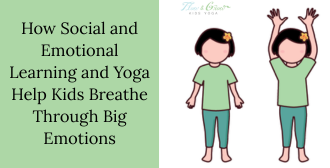
How Social and Emotional Learning and Yoga Help Kids Breathe Through Big Emotions
by Kane SEO April 21, 2025 4 min read
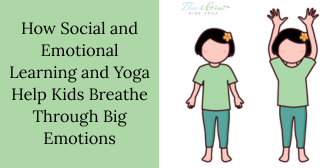
How Social and Emotional Learning and Yoga Help Kids Breathe Through Big Emotions
by Kane SEO April 14, 2025 4 min read
In classrooms and communities around the world, educators and parents alike are placing a growing emphasis onsocial and emotional learning. And for good reason: helping children understand, manage, and express their emotions in healthy ways is just as critical as teaching them to read or do math.

Power of Yoga for Kids: How It Helps Them Grow, Focus, and Thrive
by Kane SEO March 25, 2025 5 min read
In today’s fast-paced world, children are often exposed to stressors from a young age, whether it’s academic pressure, social challenges, or the overwhelming influence of digital devices. This can impact their physical, mental, and emotional well-being.
Ultimate Kids Year of Yoga Bundle
bundlespricey-contentdigital-resourcesearly-childhood-yoga-mindfulnesselementary-yoga-mindfulnesskids-yoga-resourcesmiddle-high-school-yoga-mindfulnessseasonal-yogayoga-cards
Ultimate Kids Year of Yoga Bundle
5 reviews
5.0 / 5.0
(5) 5 total reviews
$45.00
Ultimate Kids Year of Yoga Bundle
5 reviews
5.0 / 5.0
(5) 5 total reviews
$45.00
Kid’s Sun Salutation Yoga Cards
digital-resourcesearly-childhood-yoga-mindfulnesselementary-yoga-mindfulnesskids-yoga-resourcesliteracyunder-15yoga-cards
Kid’s Sun Salutation Yoga Cards
3 reviews
4.33 / 5.0
(3) 3 total reviews
$10.00
Kid’s Sun Salutation Yoga Cards
3 reviews
4.33 / 5.0
(3) 3 total reviews
$10.00
Yamas and Niyamas: Successful Relationships with Self & Others (tweens and teens)
pricey-contentdigital-resourceskids-yoga-resourceslesson-plansmiddle-high-school-yoga-mindfulnessmindfulness
Yamas and Niyamas: Successful Relationships with Self & Others (tweens and teens)
2 reviews
5.0 / 5.0
(2) 2 total reviews
$49.00$55.00
Yamas and Niyamas: Successful Relationships with Self & Others (tweens and teens)
2 reviews
5.0 / 5.0
(2) 2 total reviews
$49.00$55.00
